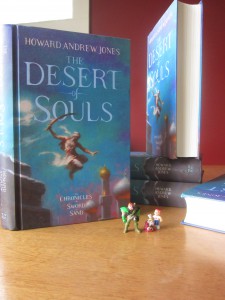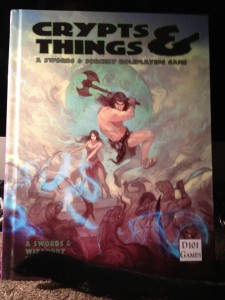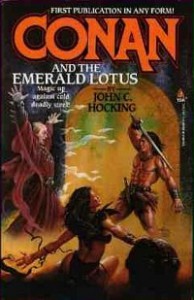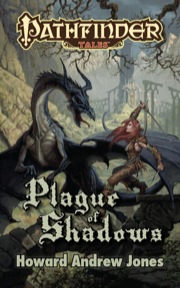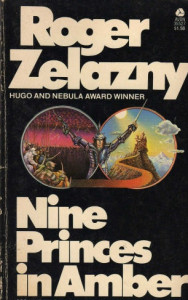The Perfect Pocket Writing Notebook, Part 1: Purpose
 Writers write; they don’t just compose when it’s convenient for them, when the stars are in alignment, or when they happen to be sitting in front of their computers. Snatches of dialogue, scenes, or entire outlines can be lost because the muses don’t wait to inspire you until you’re in just the right place with just the right tools.
Writers write; they don’t just compose when it’s convenient for them, when the stars are in alignment, or when they happen to be sitting in front of their computers. Snatches of dialogue, scenes, or entire outlines can be lost because the muses don’t wait to inspire you until you’re in just the right place with just the right tools.
I don’t mean to suggest that we’re powerless before the goddesses of inspiration, nor do I mean to belittle the ability to simply sit down and focus and make writing happen even when you’re having a slow day. Writers have to be able to make writing happen, not to wait for it to happen.


